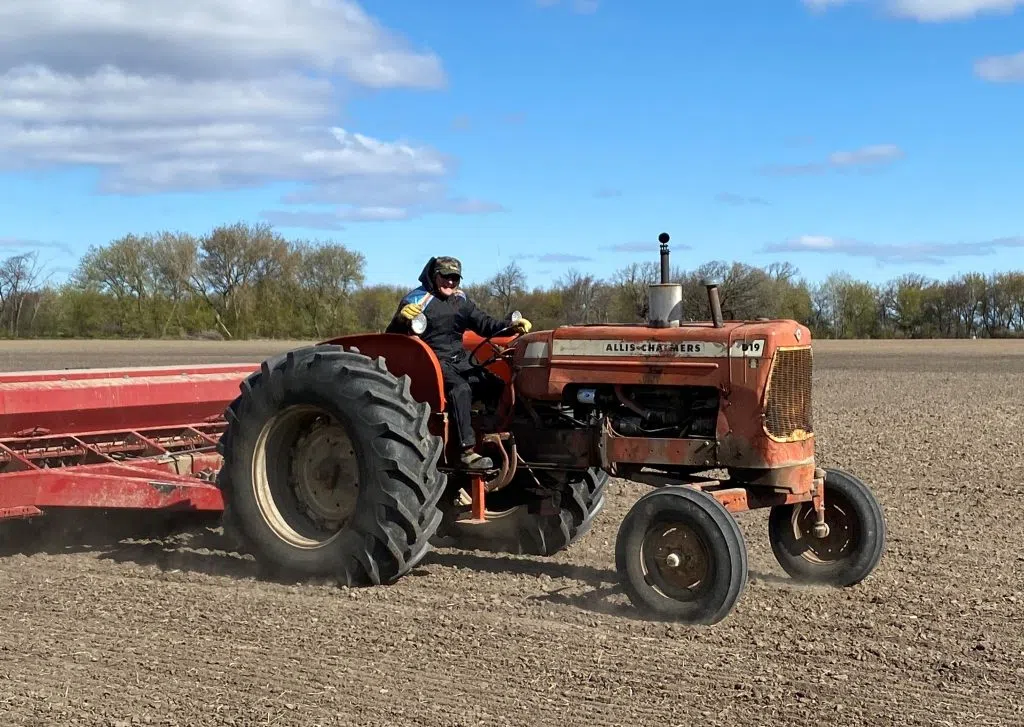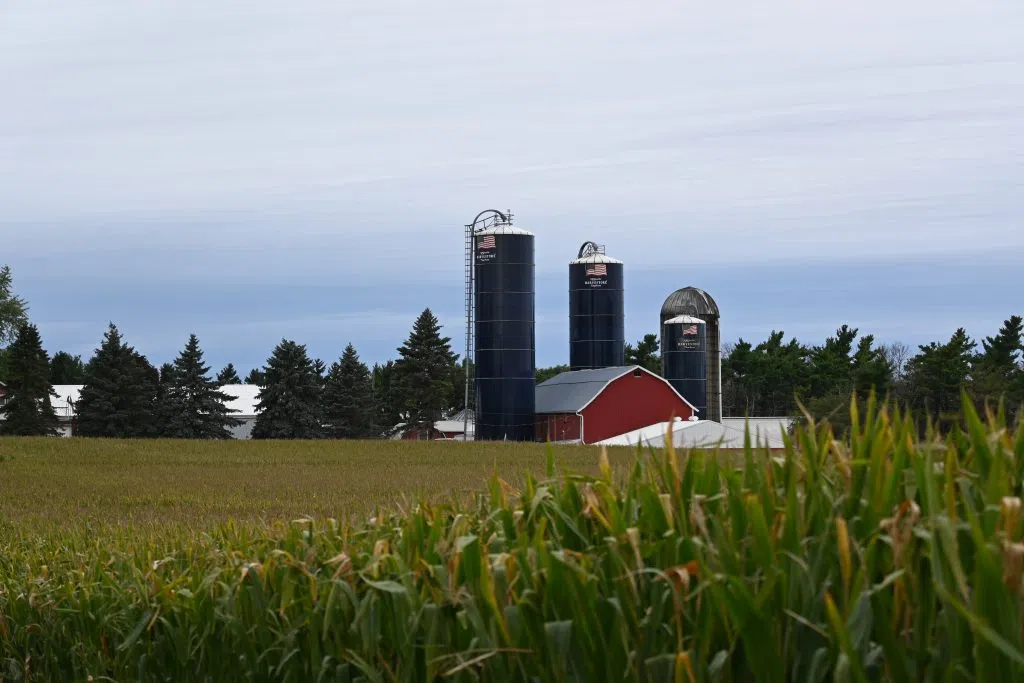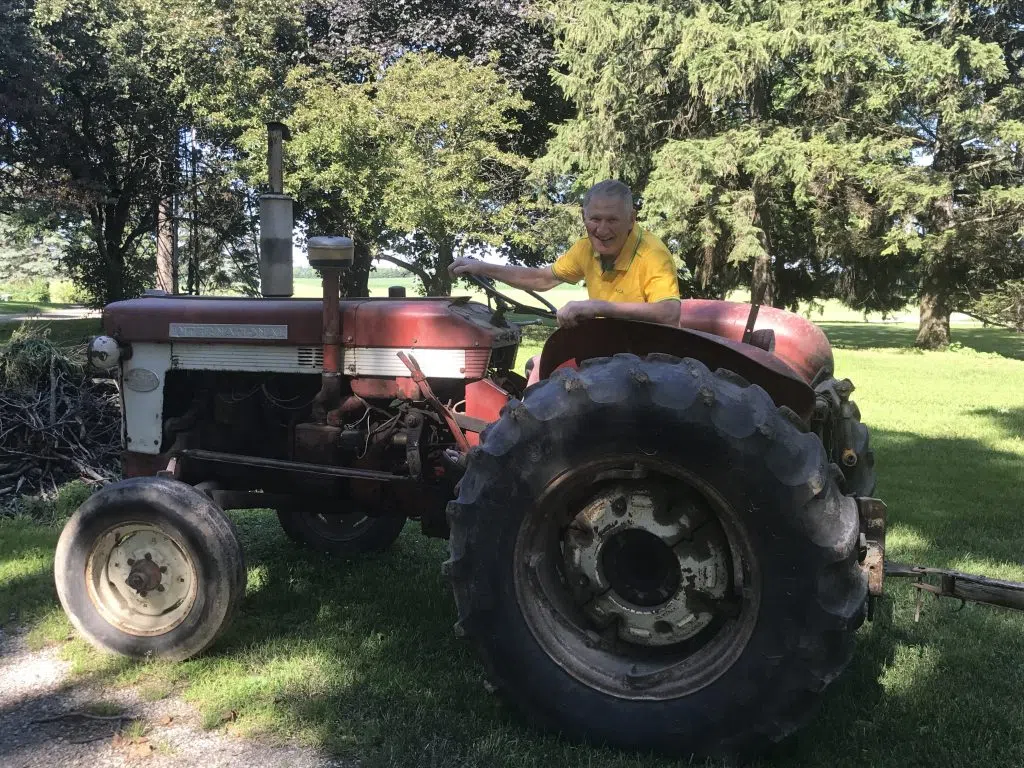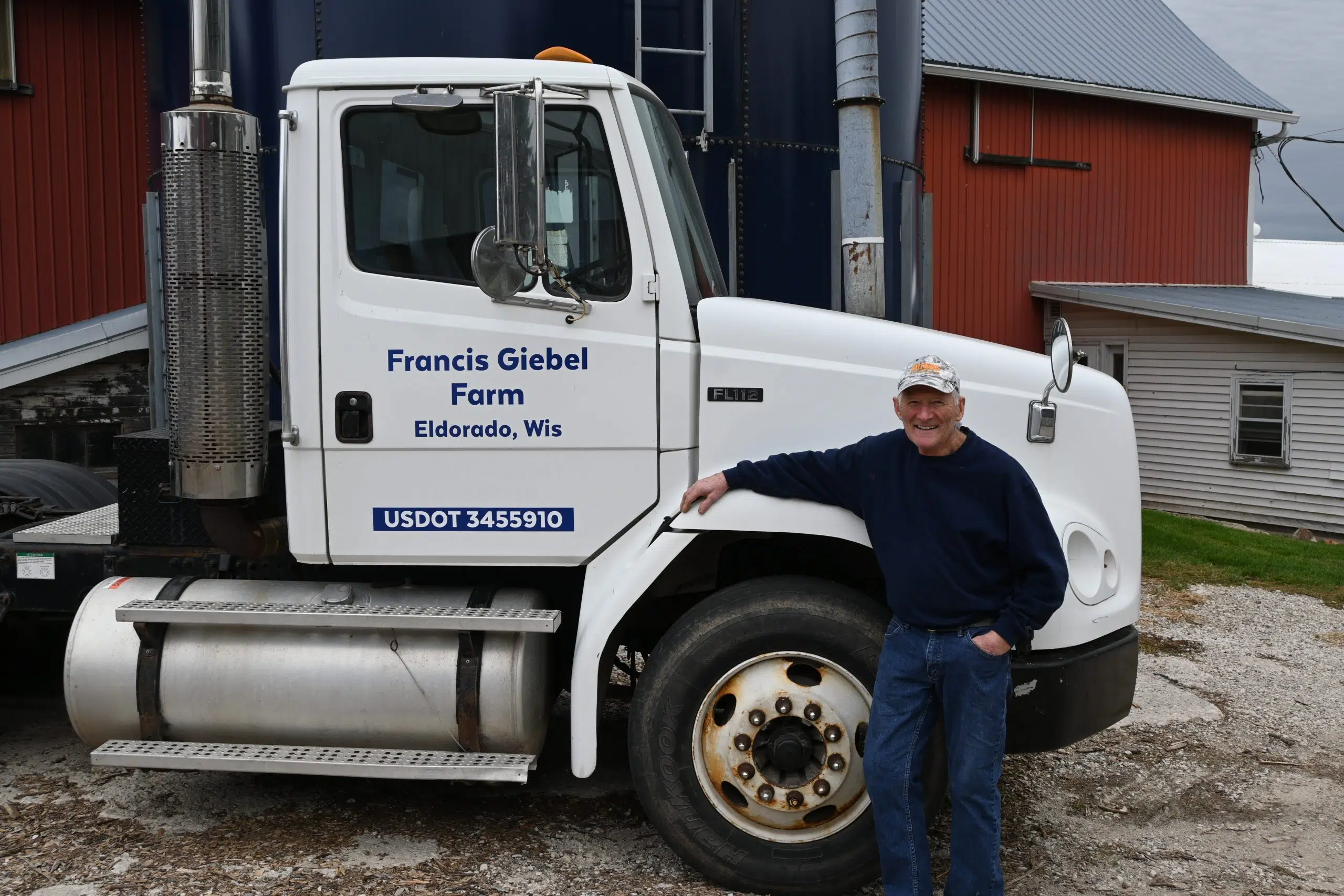With National Ag Week in full swing, it’s only fitting that we give the younger generation of farmers some advice. This week we spoke with four different farmers from around the state to see what advice they have for those starting off in agriculture. The first stop was by Francis Giebel who has been farming in Eldorado his whole life. He then took over the farm in 1976 and has been working hard ever since.
Over the years, he’s seen a lot of changes, from different ways of cropping to the technological changes in dairy. For example, he remembers when his milking equipment company suggested that he buys automatic take-off milking units and he didn’t believe that they’d work. “I never even knew there were automatic take-offs when I started farming,” Giebel said. Now looking back, he couldn’t imagine milking without them.

There is one thing he wishes someone would’ve warned him about before taking over the farm. “The thing I wish I would’ve thought more about is when you get married, make sure that your wife is sold on farming as much as you are,” he explained that farmers are counting on their spouses to help on the farm, “if that interest dwindles, well, it’s an adjustment.”
He also warns young farmers to know the difference between the “wants” and the “needs” on their farms. If you can’t separate the necessities from your “wish list,” you can easily get yourself in financial trouble. “With the fluctuation of prices of milk and everything, that’s what makes it the toughest…it’s so hard to plan for the future,” Giebel said.
He touched on how to through the ups and downs of farming because it is such an unpredictable industry. As for this past year, the government helped out a lot with bailing farmers out, but that’s not going to happen every year. In a normal year Giebel stockpiles. “Like having crops, a year and a half of crops so if you have a bad year, you ain’t out there buying right away when the prices are going to be the highest,” Giebel said. He does advise that you only start stockpiling when you know you’re financially able.

He’s read a lot about how there’s still a place for the smaller farmers. It may not be the most popular way to do things at this point, but it is still possible. For example, Giebel said that the best way to go about getting into the farm is through family or a retiring farmer. “You’re almost gonna have to start out from the family farm or from some other retired farmer that’s willing to help you out because otherwise, it’s really tough.” He said that you need to go into it with two things, an open mind, and a plan.
Giebel had a couple of other pieces of advice. One of those being to learn as much as you possibly can. He said that because if you’re a Jack of all trades type of person, you’ll save yourself a significant amount of money by not having to hire everything out. The other is to have a financial plan. Talk to your banker, talk to other farmers who’ve gone through the process.

Overall, Giebel’s big message is to expect the unexpected. This may seem like a very cliché thing to say, but agriculture is the epidemy of an industry that has to live by that saying. You never know what’s going to come next, but you have to be prepared for it all. That’s what Giebel has done throughout his career and it’s what he continues to do.
You can hear the full conversation with Francis Giebel on the podcast page.





